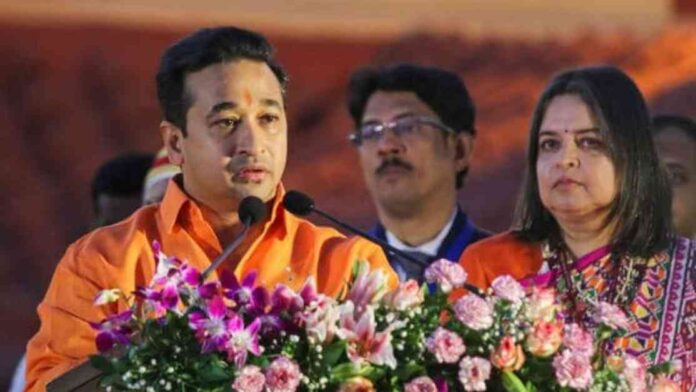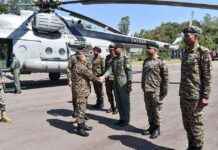Maharashtra Board Exam Controversy: Will Burqa Ban Impact Class 10 and 12 Exams?
Amidst the bustling political landscape, a new controversy has emerged in Maharashtra regarding the potential implementation of a burqa ban for class 10 and 12 board exams. Nitesh Rane, a prominent figure in Maharashtra politics, has raised concerns about the issue, citing incidents of cheating as a primary reason for the ban.
Nitesh Rane, the Maharashtra Minister, made a bold statement by declaring, “Our government will not tolerate the politics of appeasement. The rules that are applicable to Hindu students, the same should apply to Muslim students as well.” This statement has sparked a heated debate among various communities and political factions in the state.
Challenges to Inclusivity and Fairness
The controversy surrounding the potential burqa ban for board exams in Maharashtra underscores the ongoing challenges of inclusivity and fairness in the education system. While the aim of preventing cheating is noble and necessary to uphold the integrity of the exams, the proposed ban raises questions about religious freedom and equal treatment for all students.
In a diverse and multicultural society like India, it is crucial to strike a balance between maintaining academic integrity and respecting individual rights. Implementing a blanket ban on burqas without considering the cultural and religious significance they hold for some students could lead to feelings of discrimination and alienation among certain communities.
Expert opinions on the matter vary, with some supporting the ban as a necessary measure to curb cheating, while others argue that alternative solutions, such as stricter invigilation protocols or the use of technology, could achieve the same goal without infringing on students’ rights. Finding a middle ground that addresses both the concerns of academic dishonesty and the need for inclusivity is essential to navigate this sensitive issue effectively.
Human Stories Behind the Headlines
Beyond the political rhetoric and policy debates, the real impact of the burqa ban proposal lies in its effect on individual students and families. For many young Muslim women preparing to take their board exams, wearing the burqa is not just a matter of religious observance but also a source of comfort and identity.
Ismat, a 16-year-old student from Mumbai, shared her perspective on the issue, saying, “Wearing the burqa during exams makes me feel protected and focused. It’s not about hiding cheat sheets but about feeling connected to my faith and culture during a stressful time.” Ismat’s story sheds light on the personal significance of the burqa for many students and highlights the emotional impact of the proposed ban.
As policymakers and stakeholders continue to debate the merits of the burqa ban, it is essential to consider the human stories behind the headlines and the diverse experiences of students who will be directly affected by this decision. Balancing the need for academic integrity with respect for religious beliefs is a delicate task that requires empathy, understanding, and thoughtful consideration.
In conclusion, the Maharashtra Board exam controversy surrounding the potential burqa ban for class 10 and 12 exams reflects broader societal tensions around issues of identity, inclusivity, and fairness. As the debate unfolds, it is crucial for all stakeholders to engage in constructive dialogue, listen to diverse perspectives, and work towards solutions that uphold both academic integrity and individual rights. Only through collaboration and empathy can we navigate this complex issue and create an education system that is truly inclusive and equitable for all students.

















